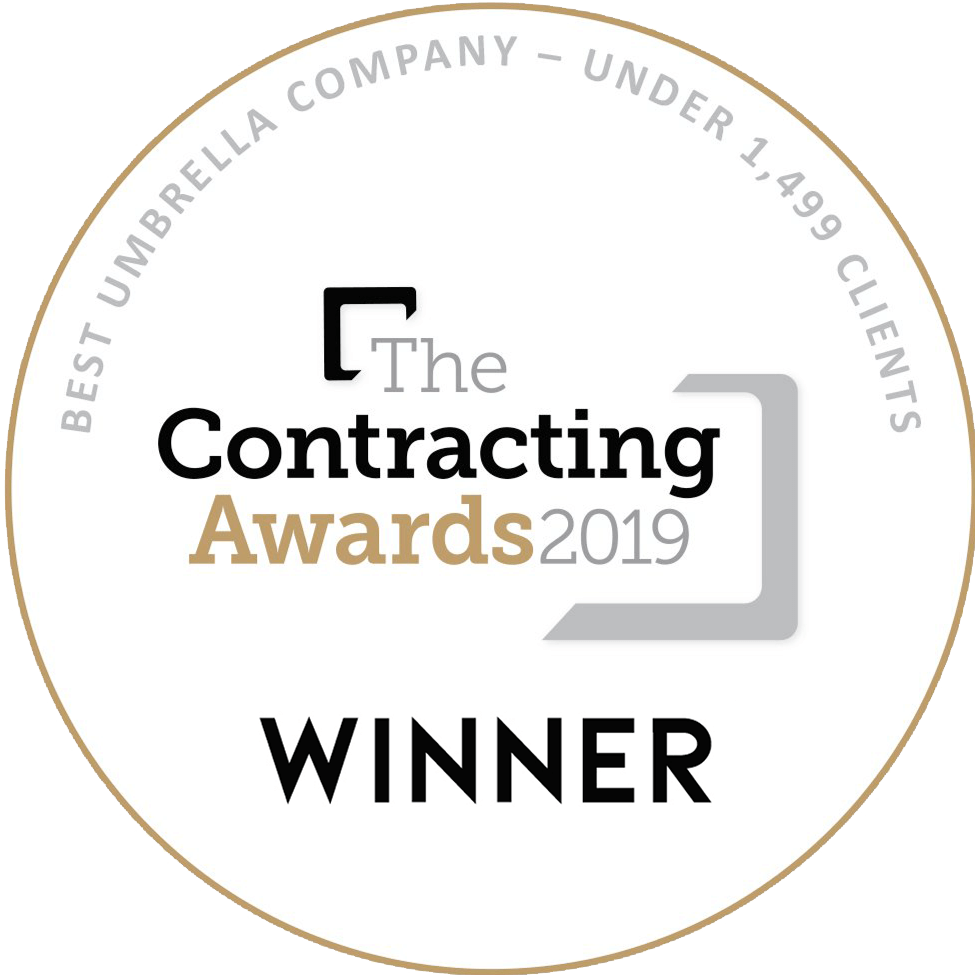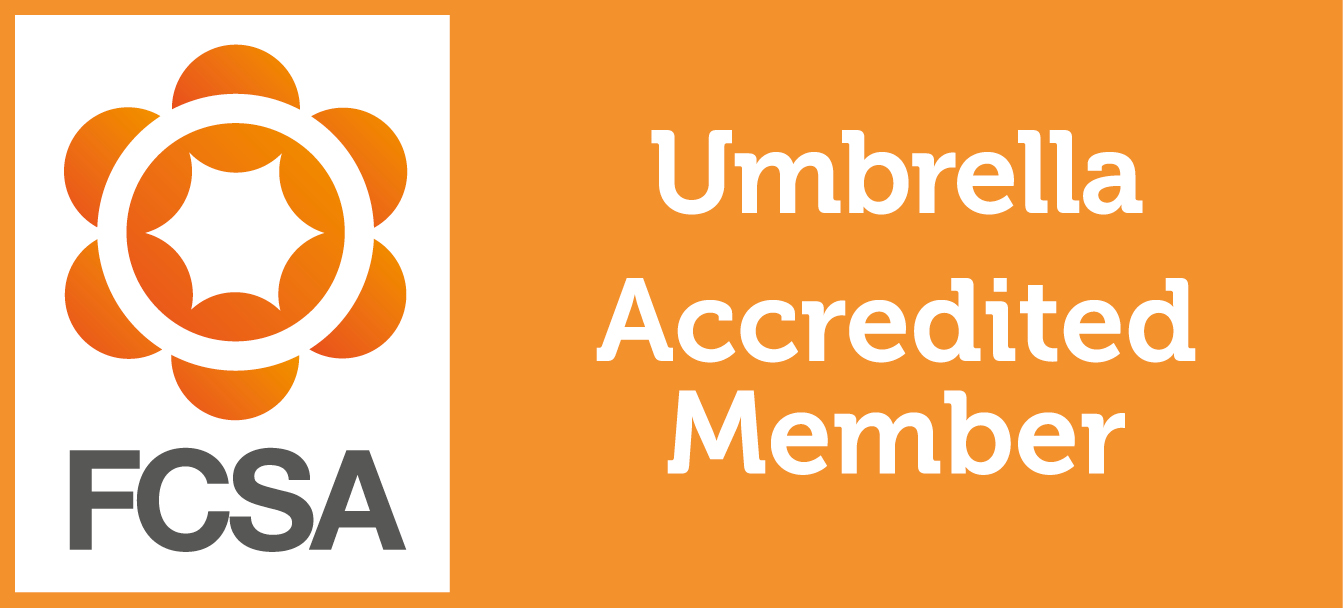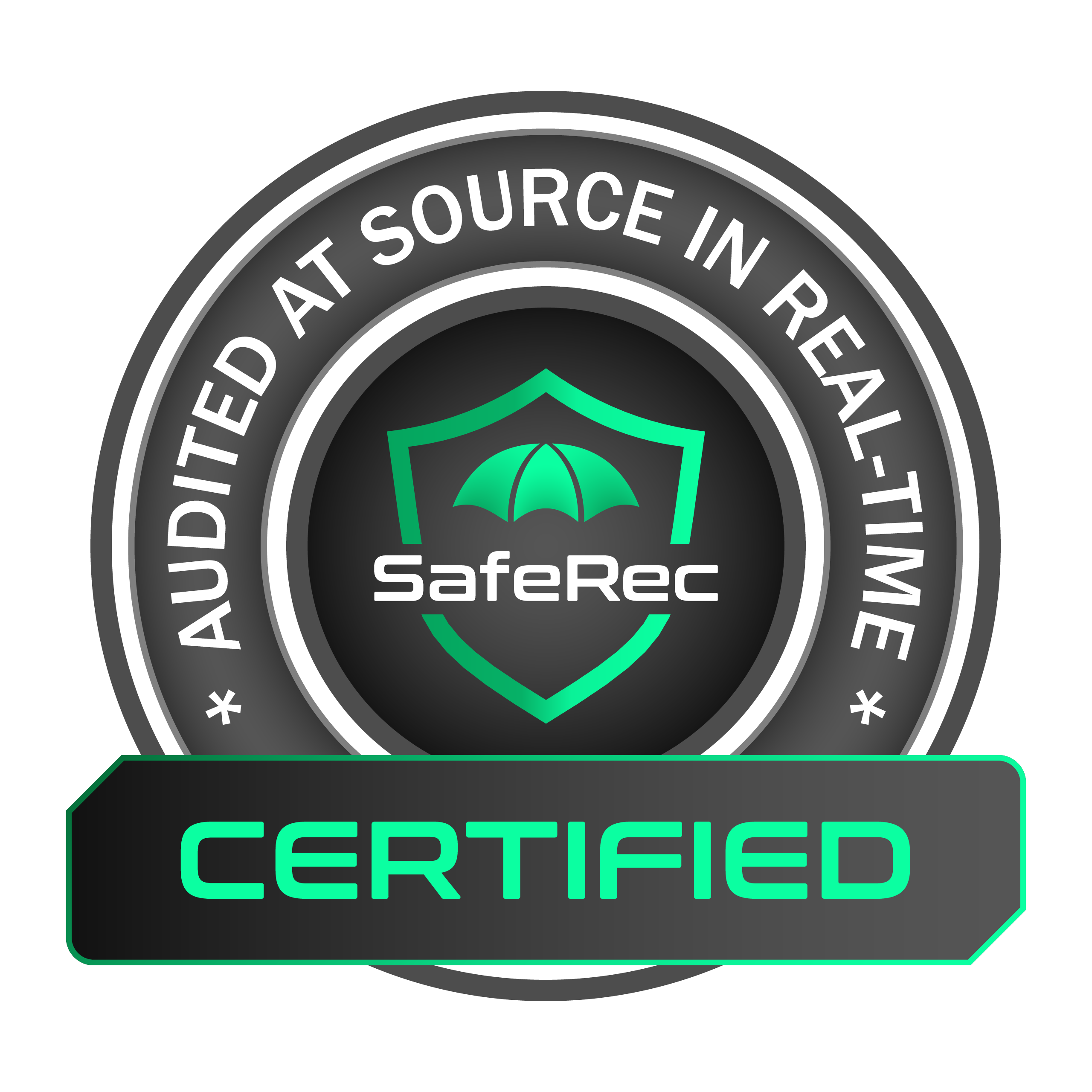Since the Chancellor announced that the avoidance of tax is now a moral rather than a legal issue it has become big news, unfortunately it seems as though, in some cases, a good news story has rather got in the way of the facts.
For instance the term ‘off payroll’ has appeared in the media countless times over the last few months but with little explanation other than those involved must be, to quote the Guardian “dodging tax”. The fact of the matter is that the term ‘off payroll’ is actually more accurately described as a single person Limited Company – not quite so sinister but more meaningful. The dodging aspect of the story has been developed because, unless the Director of the company in question can prove that they can avoid a piece of HMR&C legislation called IR35, they must pay themselves via PAYE and, as both employee and employer are liable for both types of national insurance contributions. Where the individual can satisfy HMR&C’s business entity tests they are, quite legally, entitled to draw dividends from their Limited Company which do not attract national insurance contributions thereby, according to the media, depriving the Treasury of much needed cash. However, they do pay Corporation Tax, currently at 20% of profits and income tax on earnings over the upper earnings tax threshold.
Therefore the question that should be being asked is not whether one-man limited companies should be able to pay themselves in any way other than PAYE but, rather, is it legal? The answer is yes if they operate as a business and not as an employee; if this is the case the Treasury isn’t being deprived of a bean.
IR35 was introduced over a decade ago to determine this very question and HMR&C have the option to investigate individuals they believe are not adhering to it. In fact, it has now been made mandatory to declare your IR35 status on your tax return and if you declare that you are outside the legislation because you are operating as a business and not an employee, you will have to prove it – definitely a case of guilty until proven innocent!
On the other side of the coin, companies that are offering avoidance schemes are marketing themselves as perfectly legitimate umbrella companies. This is despite the fact that they are registered in tax havens and therefore have no obligation to pay employer’s national insurance and are depriving the Treasury. In fact, a legitimate and compliant umbrella company only pays individuals through PAYE, employs them under a contract of employment and is therefore legally obliged to make employer’s NI payments. The companies that flout these clear-cut rules are passing on a potentially, financially crippling burden to the firms that work with them.
In a recent case, supply teachers were working through an offshore scheme that HMR&C is now investigating – the potential deficit in revenue for the Treasury may have to be found from the schools’ depriving already stretched budgets.
So, to summarise, something that appears illegal actually isn’t – is it any wonder that people are ending up confused?
Lisa Keeble, is the MD of Colchester based Umbrella Company, Contractor Umbrella Ltd, and has over 15 years of experience of working in the financial services industry.
Alastair Stallwood is an Apprentice for Contractor Umbrella Ltd, one of the UK’s Most Respected Umbrella Companies.













